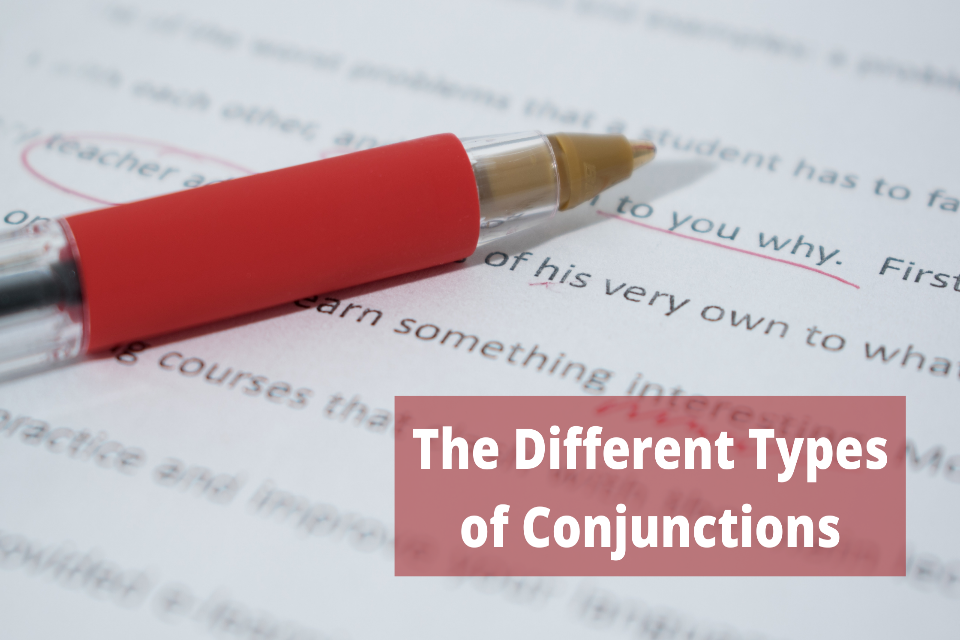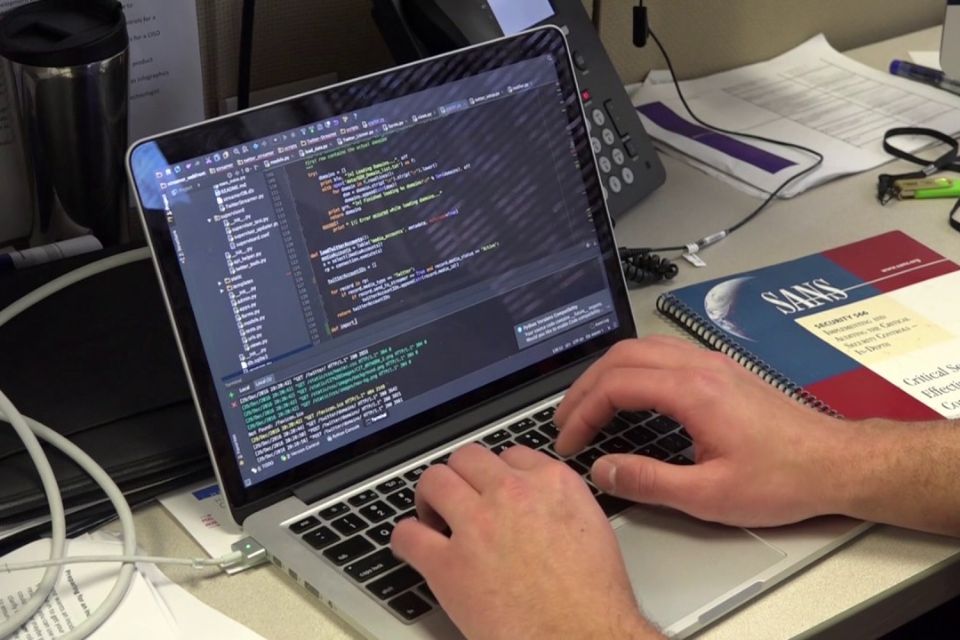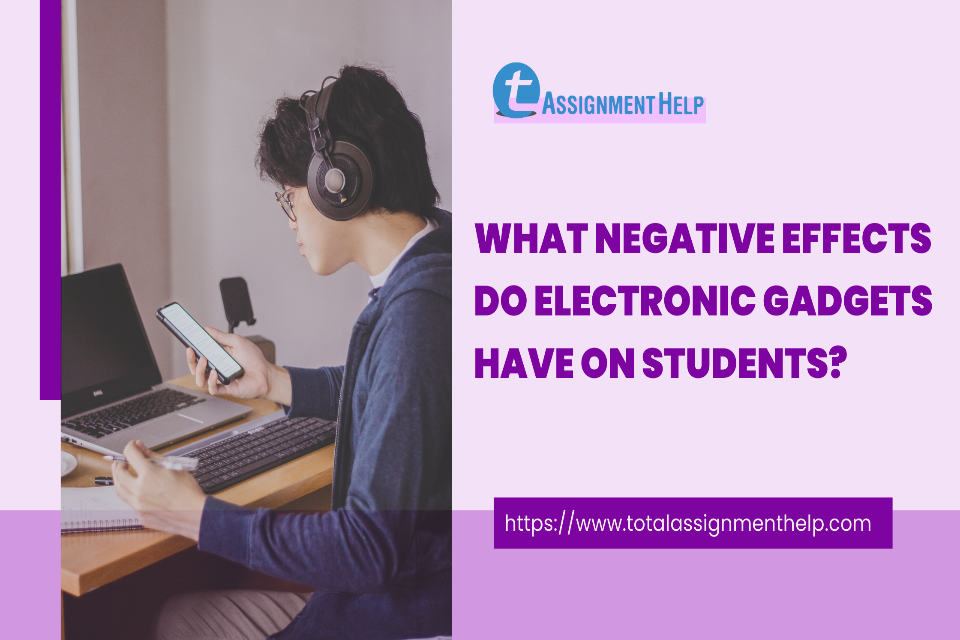The different types of conjunctions

A conjunction is a word that joins words, sentences, and clauses together. There are many different conjunctions in the English language, but some are more commonly used than others. These include if, or, because, but, when, and, and for.
Coordinating, subordinating, and correlative are the three primary types of conjunctions.
Since the artist got sick, his upcoming shows in Seattle and Boston were postponed indefinitely. Unfortunately, neither did the organisers reschedule nor refund the tickets causing much anger among the fans.
Coordinating conjunctions
This type of conjunction connects grammatically equivalent things, such as two words, two phrases, or two separate subjects. In the English language, there are seven coordinating conjunctions. These include for, and, nor, but, or, still, and so.
This type of conjunction is put between the objects that it joins.
Words
Coordinating conjunctions connect two nouns, verbs, adjectives, or other forms of words.
ü The data was collected using surveys and polls.
ü I do not like to run or trek.
ü He was wise but quite lazy.
Phrases
Multiple types of sentences can be joined using coordinating conjunctions.
ü He paced up and down and waited impatiently.
ü The outcome was as expected, yet it remains inconclusive.
ü She usually hangs out at the coffee shop or the library.
Independent clauses
A clause is a collection of words that includes both a subject and a verb. Thus, a complete notion can be expressed by an individual clause functioning alone as a complete sentence.
ü The film was not well received during launch, but it received a cult following in a few years.
The coordinating conjunction “but” establishes a link between two separate clauses in the preceding example. It’s worth noting that the two clauses can also be used as standalone phrases.
ü The film was not well received during launch. However, it received a cult following in a few years.
Punctuating coordinating conjunctions
While using a coordinating conjunction to unite two words or sentences, never use a comma.
|
Error |
Correction |
|
The data was collected using surveys, and polls. |
The data was collected using surveys and polls. |
|
She usually hangs out at the coffee shop, or the library. |
She usually hangs out at the coffee shop or the library. |
Because the conjunction connects two words or phrases linked by a single verb in these instances, there must be no comma between them.
Use a comma before the conjunction when connecting two separate sentences.
|
Error |
Correction |
|
The data was collected using surveys, and the respondents also participated in polls. |
The data was collected using surveys, and the respondents also participated in polls. |
|
She usually hangs out at the coffee shop, or the library. |
She usually hangs out at the coffee shop or the library. |
|
She usually hangs out at the coffee shop but when it’s too crowded she moves to the library. |
She usually hangs out at the coffee shop, but when it’s too crowded she moves to the library. |
In such cases, the clauses before and after the conjunction may stand alone as complete sentences; thus, a comma is necessary.
Subordinating conjunctions
Although, since, because, if, while, and until are examples of this type of conjunction. A dependent clause is introduced with a subordinating conjunction.
A dependent clause, also known as a subordinate clause, is a set of words that includes a subject and a verb but cannot stand alone as a complete sentence. Because a dependent clause does not represent a whole thought, it should always be paired with an independent clause.
x Because I woke up late, I missed the train to school.
ü Because I woke up late, I missed the train to school.
ü I missed the train to school because I woke up late.
“I woke up late” is an independent clause, but the subordinating conjunction “because” changes this into a dependent clause: “Because I woke up late” does not conclude a whole idea; to construct a grammatically sound sentence, it must be linked to an independent phrase.
The subordinating conjunction defines the link between the clauses. The table below lists some frequent subordinating conjunctions and the connections they convey, although it is not exhaustive.
|
Relationship |
Common subordinating conjunctions |
|
Place |
Wherever, where |
|
Contrast |
though, whereas, although |
|
Causality |
since, because, as |
|
Time |
whenever, while, since, once, until, when, before, after |
|
Condition |
in case, unless, if |
Punctuating subordinating conjunctions
A comma is seldom required when subordinating conjunction precedes an independent sentence. In general, you shouldn’t use a comma when the dependent clause includes crucial information about the independent phrase.
|
Error |
Correction |
|
He will be promoted, if he is able to get this new project. |
He will be promoted if he is able to get this new project. |
|
His wife snuck in the backdoor to surprise him, while he was at the gym. |
His wife snuck in the backdoor to surprise him while he was at the gym. |
Use a comma at the end of the subordinate clause when the subordinating conjunction is at the start of the phrase.
|
Error |
Correction |
|
If he is able to get this new project he will be promoted. |
If he is able to get this new project, he will be promoted. |
|
While he was at the gym his wife snuck in the backdoor to surprise him. |
While he was at the gym, his wife snuck in the backdoor to surprise him. |
Correlative conjunctions
This type of conjunction is usually used in pairs to connect grammatically equivalent parts in a phrase. “Either or,” “neither-nor,” “not only but also,” and so on are some of the most prevalent pairings. A comma must not be used between the two parts in most circumstances.
ü The herb not only had anti-inflammatory properties but also acted as an analgesic.
Parallel structure is required for correlative conjunctions, which implies the two parts must have identical grammatical structures.
x The researchers planned to collect data either by surveys or using online polls.
ü The researchers planned to collect data either by surveys or by conducting online polls.
Using conjunction to begin a sentence
Rookie writers are frequently taught that coordinating conjunctions should not be used at the start of a sentence. However, beginning a phrase with a conjunction is not inappropriate, and experienced authors may utilise it successfully to build empathy.
Empires of the past often favoured gaining more land over tending to their existing boundaries. But at what cost to its subjects.
While this conjunction use has grown commonplace in common and literary language, it is better avoided in academic writing.
Only if an independent clause follows the dependent clause may subordinating conjunction appear at the beginning of a sentence.
Until the new farmer bills are retracted, they will continue to protest on the streets.
A sentence fragment is a subordinate phrase that stands alone.
How long will the protests last? Until the new farmer bills are retracted.
Although sentence fragments are common in casual writing and speech, their use should be limited in academic writing.
Frequently Asked Questions
What are the different types of conjunctions?
Coordinating, subordinating, and correlative are the main three types of conjunction..
Why do we need to use different types of conjunctions?
Different types of conjunctions are used to connect phrases, words or clauses to make a meaningful sentence..
What is the most common type of conjunction that is used widely?
Coordinating conjunctions are the most commonly used type of conjunctions used in modern English..
How are correlative conjunctions different from other types of conjunction?
While other types of conjunctions appear as a single word, correlative conjunctions appear in pairs like “neither-nor”, “either-or”, etc..
Total Assignment Help
Incase, you are looking for an opportunity to work from home and earn big money. TotalAssignmenthelp Affiliate program is the best choice for you.
Do visit :https://www.totalassignmenthelp.com/affiliate-program for more details
Total Assignment help is an assignment help Online service available in 9 countries. Our local operations span across Australia, US, UK, South east Asia and the Middle East. With extensive experience in academic writing, Total assignment help has a strong track record delivering quality writing at a nominal price that meet the unique needs of students in our local markets.
We have specialized network of highly trained writers, who can provide best possible assignment help solution for all your needs. Next time you are looking for assignment help, make sure to give us a try.
Looking for Assignment Help from Top Experts ?
Get the best Assignment Help from leading experts from the field of academics with assured onetime, 100% plagiarism free and top Quality delivery.



